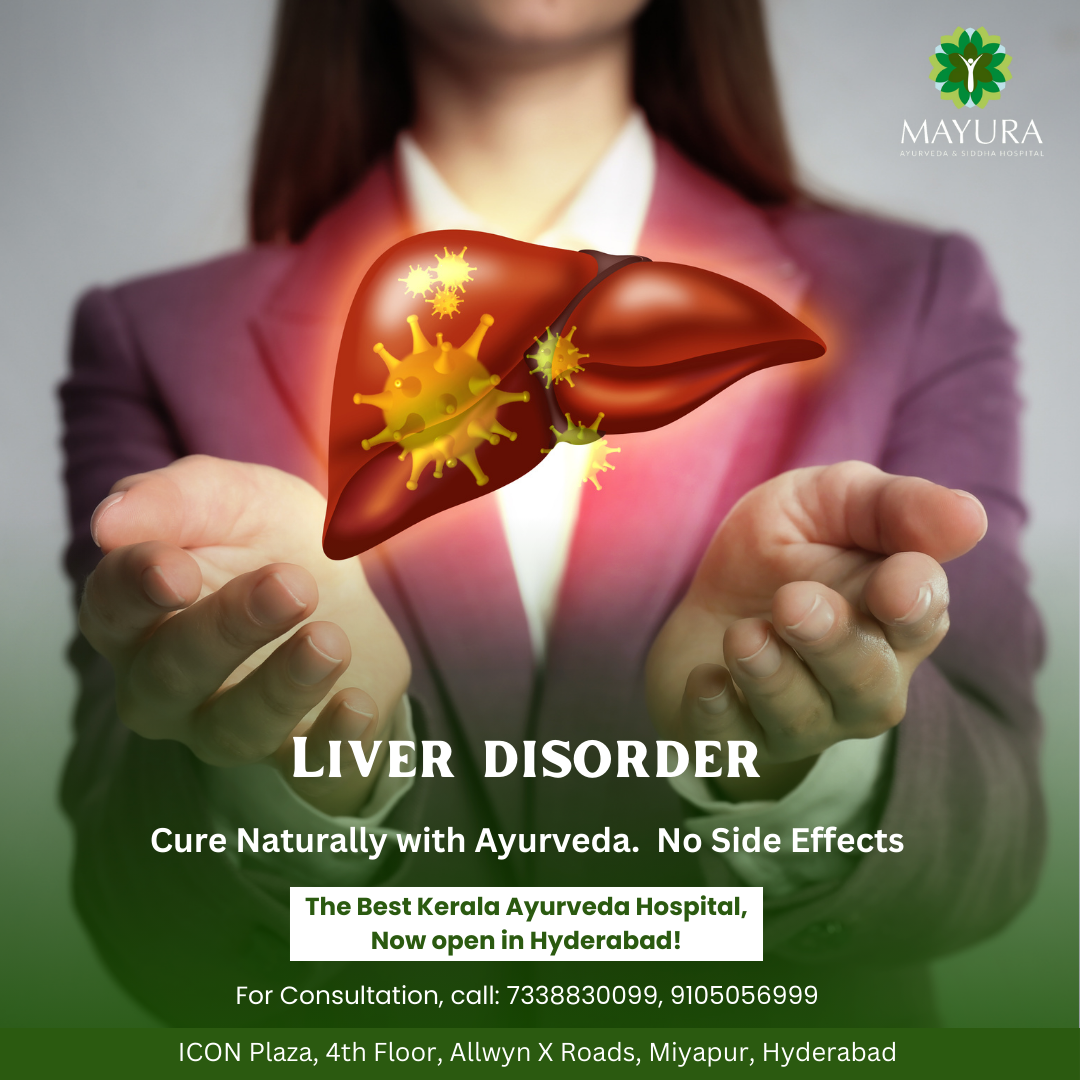The liver, a vital organ responsible for numerous bodily functions, is prone to various disorders that can impact overall health. Understanding these disorders, their causes, and adopting practical lifestyle changes can play a crucial role in managing and supporting liver health.
The liver is a powerhouse organ that performs essential functions such as detoxification, metabolism, and the production of vital proteins. Liver disorders can arise from various factors, including viral infections, excessive alcohol consumption, obesity, and genetic predisposition. This blog aims to shed light on liver disorders, their common causes, symptoms, and lifestyle tips for effective management.
Common Causes and Symptoms: Liver disorders can be caused by a range of factors, including viral hepatitis, fatty liver disease, and autoimmune conditions. Viral hepatitis, such as hepatitis A, B, and C, can lead to inflammation and damage. Non-alcoholic fatty liver disease (NAFLD) is often associated with obesity and metabolic syndrome. Autoimmune liver diseases, like autoimmune hepatitis and primary biliary cirrhosis, involve the immune system mistakenly attacking the liver.
Symptoms of liver disorders can vary but may include fatigue, jaundice (yellowing of the skin and eyes), abdominal pain, and unexplained weight loss. Early detection and diagnosis are crucial for effective management, making regular medical check-ups essential.
Lifestyle Tips for Liver Health:
1. Maintain a Healthy Diet: Embrace a diet rich in fruits, vegetables, whole grains, and lean proteins. Limit saturated fats, trans fats, and cholesterol. This supports overall health and aids in liver function.
2. Stay Hydrated: Drinking an adequate amount of water is vital for liver detoxification processes. Ensure proper hydration to promote optimal liver health.
3. Limit Alcohol Intake: Alcohol can contribute to liver damage, so it’s crucial to limit or avoid its consumption, especially for individuals with liver disorders.
4. Exercise Regularly: Engaging in moderate physical activity supports overall health and can contribute to improved liver function. Regular exercise also aids in weight management.
5. Manage Chronic Conditions: Conditions like diabetes and high blood pressure can impact liver health. Effectively manage these conditions with the guidance of healthcare professionals.
6. Avoid Hepatotoxic Substances: Be cautious with medications, herbal supplements, and other substances that may harm the liver. Always consult with a healthcare provider before introducing new substances.
Conclusion: Empowering oneself with knowledge about liver disorders and adopting a proactive approach to liver health is crucial for overall well-being. By understanding the causes, recognizing symptoms, and implementing practical lifestyle changes, individuals can take significant steps toward managing liver disorders effectively. Regular medical check-ups, a healthy diet, and lifestyle modifications contribute to a comprehensive strategy for supporting liver health and maintaining a high quality of life. Remember, always consult with healthcare professionals for personalized advice based on individual health conditions.
















